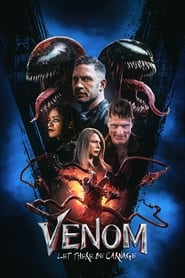
o.T. 1999
Michaela Grill's visual work makes use of a concrete wall as the smallest identifiable element of urban music culture which forms a space. The visual organization of this barely recognizable representational surface is resolved through Takeshi Fumimoto's musical structure. The images illustrate neither the tone nor the rhythm; they follow the logic of the acoustic blueprint to create new forms of hearing through the processing of the found sounds. The camera makes a parallel searching movement along the rough surface. The images, which cannot be isolated, resist a representational aesthetic, and fleeting spatial landscapes and forms which illustrate non-repeatability and improvisation appear in the tension between concentration on the cracks and fractures and the camera's movement across them. Reduction to the plastic and sensorial basis sensitizes the viewer's gaze by making the structure comprehensible.
- Title: o.T.
- Year: 1999
- Genre:
- Country: Austria
- Studio:
- Director: Michaela Grill, Takeshi Fumimoto
- Cast:
- Crew: Michaela Grill (Director), Takeshi Fumimoto (Director)
- Keyword:
- Release: Jan 01, 1999
- Runtime: 5 minutes
- IMDb: 0.00 / 10 by 0 users
- Popularity: 0
- Budget: $0
- Revenue: $0
- Language:
 Apple TV
Apple TV Google Play Movies
Google Play Movies Fandango At Home
Fandango At Home Netflix
Netflix Amazon Prime Video
Amazon Prime Video Amazon Video
Amazon Video MUBI
MUBI




























